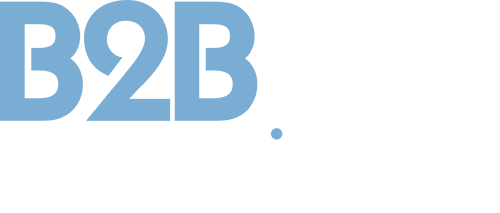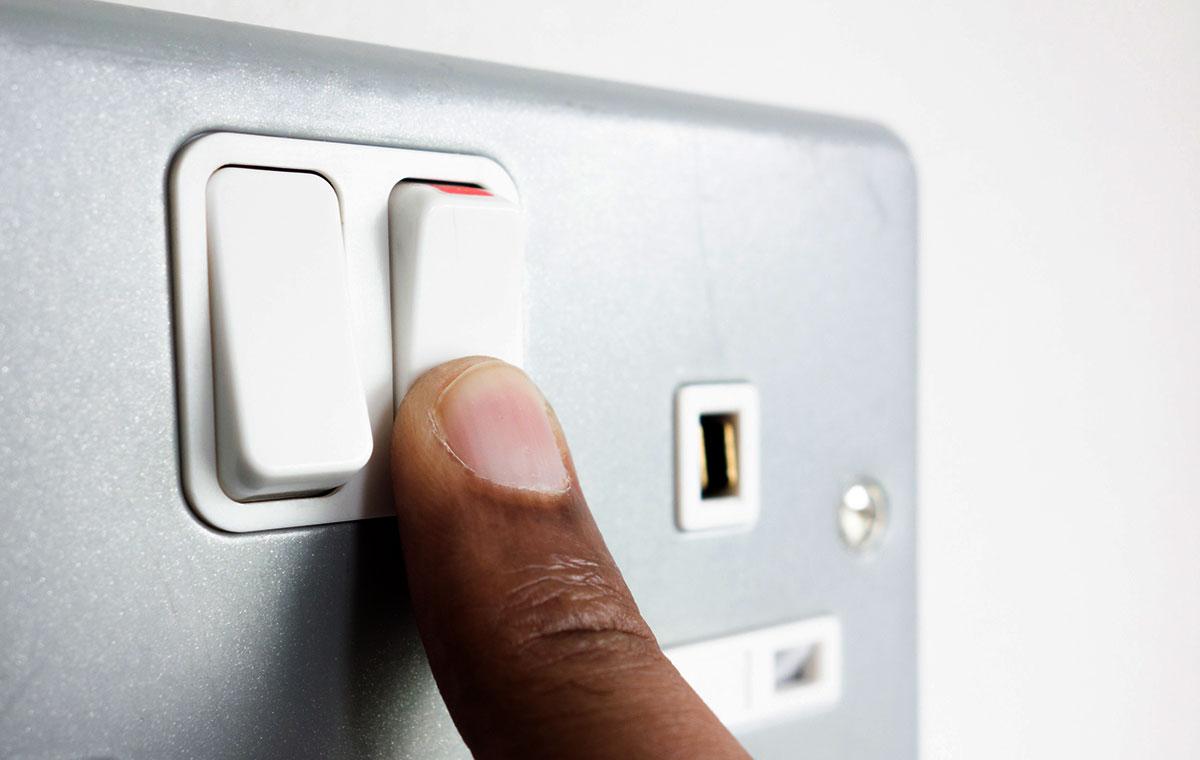Are you selling or exporting EEE to Germany? Then under the German Open-Scope laws, you may need to be declaring more of your products than previously thought.
According to Stiftung EAR (the German WEEE authority), ‘passive’ equipment (those devices which merely conduct electricity) fall within the scope of application of the Electrical and Electronic Equipment Act (ElektroG).
Manufacturers of only passive equipment are therefore also required to register with Stiftung EAR before 1 May 2019. The devices must also be marked in accordance with the specifications of the ElektroG (crossed-out wheelie bin etc).
Equipment falling into scope
Examples of passive equipment falling within scope include factory-made extension cables (such as HMDI, extension reels, USB), light switches, power sockets, rails, aerials, adaptors/jacks. In addition, components such as fuses are deemed within scope, but cables, wire-end sleeves / ferrules, and ring cable lugs remain excluded.
Contrast this position with the UK where the Environment Agency advise that passive items such as fuses only fall within scope if placed on the market to be used by the end-user. Components such as this which are supplied to a business for building a finished product would not be regarded as EEE.
Contact us for help
If you think you may be affected by this change in the German scoping law, contact our experts for advice and assistance.


